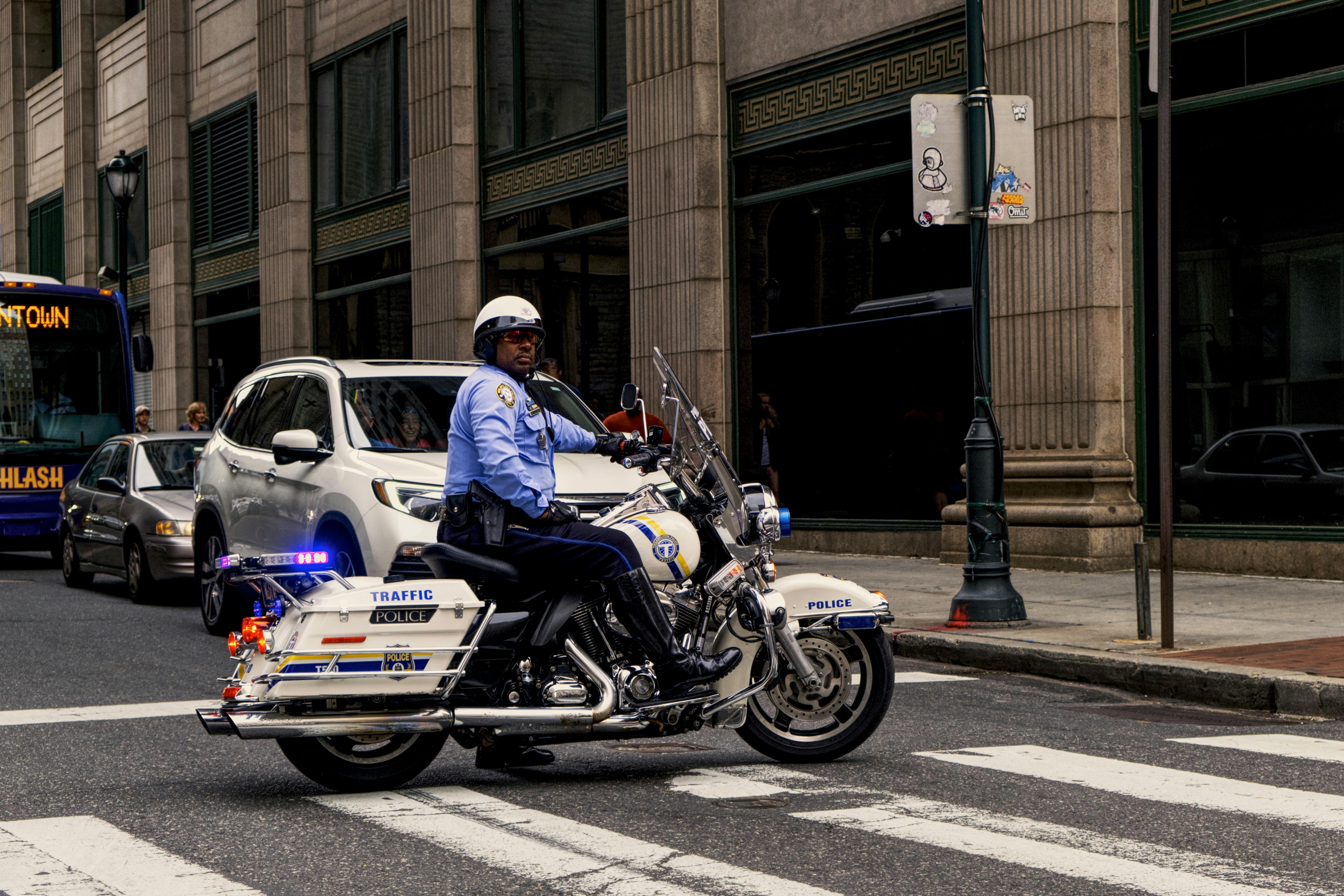I was recently reading Gandhi’s autobiography, The story of my experiments with the truth.
I came across a story involving a train ride. The story also goes on to validate a great principle of negotiations that I will point out later in this article.
The story goes back to the days of Gandhi in South Africa. South African law required Indians (or ‘coolies’ as white South Africans called them) to travel third class on trains. Shortly after arriving in South Africa, Gandhi learned this rule firsthand when he was expelled for attempting to travel in a first-class car. It was an insulting episode in his life and it made a deep impression on him. What is less well known is that Gandhi immediately sought out a second chance to challenge the rule on a train from Durban to Pretoria. This time he got it. He did this by using a ‘hearing’ to beat a negotiating opponent.
Gandhi’s position in this negotiation was that “well-dressed and well-educated people can travel first class, regardless of race.” The railway company’s position was that “coolies should travel third class”. Gandhi anticipated this and his step-by-step approach is a model of effective preparation for achieving goals in the most difficult of situations.
Gandhi’s first move was to locate a decision maker and find a way to personally present his application for a first-class ticket in a face-to-face meeting. He got the name of the stationmaster in Durban and sent him a letter. Gandhi wrote that he was a lawyer accused of traveling first class. He said that he would show up at the stationmaster’s office the next day to get the ticket from him. By not allowing time for a response, Gandhi successfully avoided the possibility of receiving a ‘no’ in the mail. The station chief would have to discuss Gandhi’s request in person, and Gandhi knew that he had a better chance if he could plead his case personally.
Gandhi appeared before the stationmaster the next day in what Gandhi describes as “immaculate English dress”: He wanted to impress the stationmaster with one basic fact: that they were both of the same social class, even if they were of different races.
“Do you feel the note?” the stationmaster asked.
“That’s right,” said Gandhi. I would really appreciate it if you could give me a ticket. I must arrive in Pretoria today.
Now came a bit of good fortune, thanks to Gandhi’s insistence on a personal meeting. “I am not a Transvaaler,” said the stationmaster. “I am Dutch. I appreciate your feelings and you have my sympathy.”
The station master handed Gandhi a ticket, but on the condition that Gandhi not involve him if the train conductor later contested the ticket. Gandhi agreed, although this eliminated an authoritative ally who might have proved more than useful later on.
“I wish you a safe journey. I see you are a gentleman,” the stationmaster concluded.
Now came the hardest part. Gandhi had to find a way to convince the driver, who would not be of the same social class, who would be a Transvaaler, to let him stay in first class.
This is where Gandhi made use of something called the ‘hearing’ principle in negotiations. He needed to find someone who was sympathetic to his position that “well-dressed, well-educated people can travel first class” and to whom the driver felt responsible (in some way).
Gandhi walked down the aisle in the first-class carriage until he found the audience he was looking for: an Englishman sitting alone in a first-class compartment, with no white South Africans present. Gandhi sat down, holding his first-class ticket and waiting for the driver to arrive.
When the driver arrived, he saw immediately that Gandhi was an Indian and angrily demanded to be changed to third class. Gandhi showed her his ticket. “That doesn’t matter,” said the driver.
Then Gandhi’s “audience” who was watching this rude behavior spoke up. “What do you mean by disturbing the gentleman?” he asked. Can’t you see he has a first class ticket? I don’t mind in the least that he travels with me. The Englishman then turned to Gandhi and said, “You must make yourself comfortable where you are.”
“If you want to travel with a Coolie, what do I care?” the driver said. The driver retired and Gandhi completed his journey in first class.
The Wharton Trading Program says this about the hearing principle: “In difficult cases, you’ll need to find an ally: a third party to whom your negotiating partner is accountable and sympathetic to your standards. Once you can locate that person, you need to set things up to negotiate in the third party’s presence or under their protection. Allies serve as audiences to ensure the application of standards that should fairly be applied. In essence, you take advantage of the consistency of the audience to bypass the party that opposes your goals.”
Gandhi used English as an audience to temporarily overcome the unfair standards of South African law. Later in his life, he would use world public opinion to expose Britain’s unfair treatment of the Indian people and help India gain independence.
yours
Chetan Wallia
